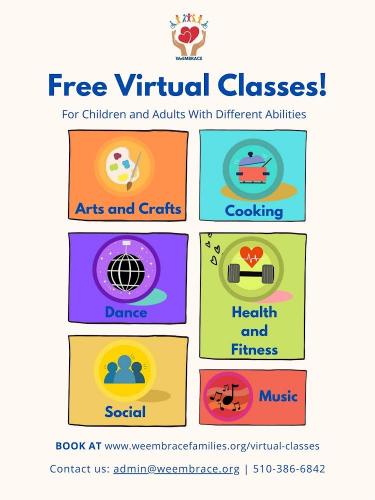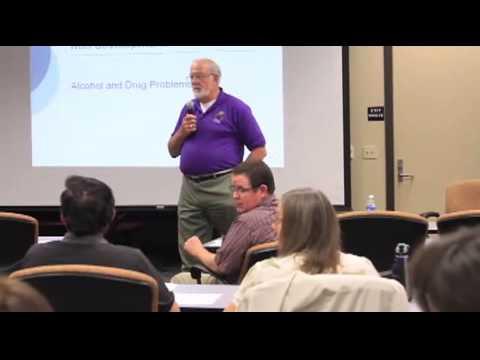Sacramento Public Library
Sacramento Public Library gives you free access to books, materials, digital media, learning resources, Wi-Fi and more.
Borrow up to 60 items:
- Books, board games, video games, DVDs and more
- Borrow most items for up to 3 weeks, no late fines
- Renew online, in-person or by phone
- Borrow and return items to any of our 28 locations
There is even more the Sacramento Public Library system offers!
California State Library Parks Pass
You can now check out a FREE vehicle day-use pass at your local public library.
In partnership with the First Partner’s Office and the California State Library, State Parks is providing free vehicle day-use entry to over 200 participating state park units operated by State Parks to library-card holders. The California State Library Parks Pass is valid for entry of one passenger vehicle with capacity of nine people or less or one highway licensed motorcycle.
Caregiver Action Network
Caregiver Action Network (CAN) is the nation’s leading family caregiver organization working to improve the quality of life for the more than 90 million Americans who care for loved ones with chronic conditions, disabilities, disease, or the frailties of old age. CAN serves a broad spectrum of family caregivers. They have a community page on their website, helpful tips, and many resources available.
National Association of State Directors of Developmental Disabilities Services
The National Association of State Directors of Developmental Disabilities Services (NASDDDS) represents the nation’s agencies in 50 states and the District of Columbia providing services to children and adults with intellectual and developmental disabilities and their families. NASDDDS promotes visionary leadership, systems innovation, and the development of national policies that support home and community-based services for individuals with disabilities and their families.
Medi-Cal
The Basics and Other Information
In Medi-Cal Basics you will learn:
- background information on Medi-Cal
- eligibility basics
- programs for persons with disabilities
- services
- and other health coverage
Medi-Cal Health Coverage for Children:
CalFresh Food Benefits
Do you receive SSI? Beginning June 1, 2019 SSI recipients may be eligible for CalFresh food benefits. CalFresh is California’s food stamps (SNAP) program that can help households buy healthy foods. There is NO CHANGE or reduction to SSI/SSP amounts. To learn more, click the attached documents below.
Your Service Coordinator will discuss this benefit at your next annual meeting. To apply please click here.
Our Sexuality, Our Health
A Disabled Advocate's guide to Relationships, Romance, Sexuality and Sexual Health
Published by the Office of Developmental Primary Care, University of California, San Francisco dedicated to improving outcomes for people with developmental disabilities.
Immigration Resources
In response to requests from our local communities, ACRC has compiled resource information from multiple agencies that address immigration, legal assistance, personal rights and family preparedness plans. The resources are available to download and print for personal use or you can phone your service coordinator to request that they provide you with copies.
MHSA Substance Abuse Reduction Training Project
ACRC received a grant from the Department of Developmental Services through the Mental Health Services Act to address the needs of individuals with developmental disabilities and a co-morbid substance abuse issue in Sacramento and the surrounding counties. As a part of this project, ACRC anticipates completion of the following in order to address the unique needs of this population:
- Addiction Recovery Forum Information
- Contract with John de Miranda
- RFP Peer Mentoring Program- Substance Abuse - CLOSED
- 12 Steps of Alcoholics Anonymous
- Developmental Disability Questionnaire
- Alcohol, Drug and Mental Health Resource Manual
- MHSA Progress Report June 30, 2012
- MHSA Progress Report January 1, 2013
- MHSA Progress Report December 31, 2013
- Joint Task Force Agenda May 7, 2012
- Joint Task Force Agenda July 9, 2012
- Joint Task Force Minutes July 9, 2012
- Joint Task Force Agenda October 15, 2012
- Joint Task Force Minutes October 15, 2012
- Joint Task Force Agenda February 11, 2013
- Joint Task Force Agenda June 10, 2013
- Joint Task Force Agenda September 13, 2013
- Joint Task Force Agenda January 13, 2013
- Read more
Recreational Programs
Generic Resources
City of Sacramento Access Leisure Program quarterly newsletter Sports and Leisure Opportunities for Persons with Disabilities
Special Olympics of Northern California
Disabled Sports, USA A recreational website for people with disabilities. discusses information on the program and has a schedule of events.
Therapeutic Recreation Services Therapeutic Recreation Services year-round programs ages 5 – adult
Family Resource Centers
Family Resource Centers are part of the Early Intervention Program (ages 0-3). Staffed by families of children with special needs, family resource centers offer parent-to-parent support and help parents, families, and children locate and use needed services. They offer support services and resources which may include newsletters, resource libraries, websites, parent-to-parent groups, sibling support groups, and information and referral for parents and professionals; some resources may be available in multiple languages.
National and Local Organizations
Links to organizations that provide services and supports to individuals with developmental disabilities and their families.
AAIDD (formerly AAMR): Promotes progressive policies, sound research, effective practices, and universal human rights for people with intellectual and developmental disabilities.
The Arc: This website holds information about The Arc and it’s Chapters. Also has a press room and info on intellectual disability.
Generic Resources
Resources that do not require payment through ACRC
A “generic” resource is any agency which has legal responsibility to serve all members of the general public and is receiving public funds for providing those services. What they offer may be helpful for you, your child or your family and does not require funding by ACRC.
Some examples of generic resource or supports are:
Natural Supports
When the regional center talks about “natural” supports we mean those that are provided by people known to clients either by a personal association or from relationships that typically develop in the family and community. People like these help to enhance or maintain the quality and security of life for clients and are not paid to be there because they occur naturally.
Some examples are:
- Friends
- Neighbors
- Extended family
- Bus drivers
- Grocery clerks
- Places of worship
- Community recreation teams
Disability Rights California
Disability Rights California “Advancing the human and legal rights of people with disabilities.”
People First of California
People First® of California, Inc. Self-Advocates Training Self-Advocates “We are people first, our disability is second!”


